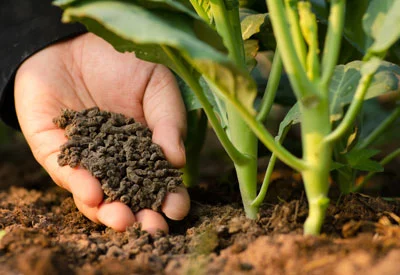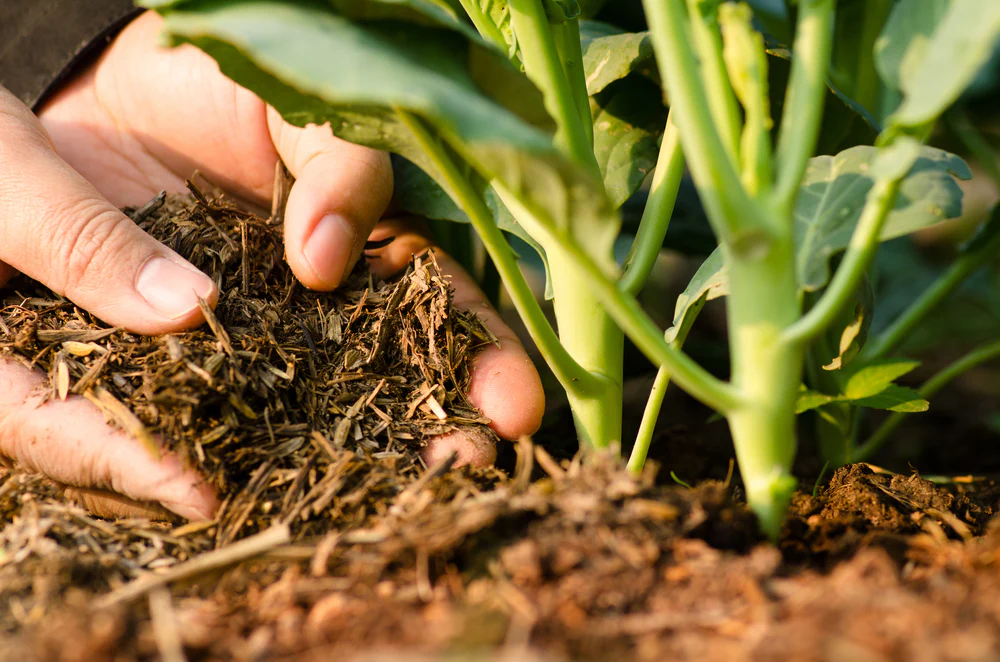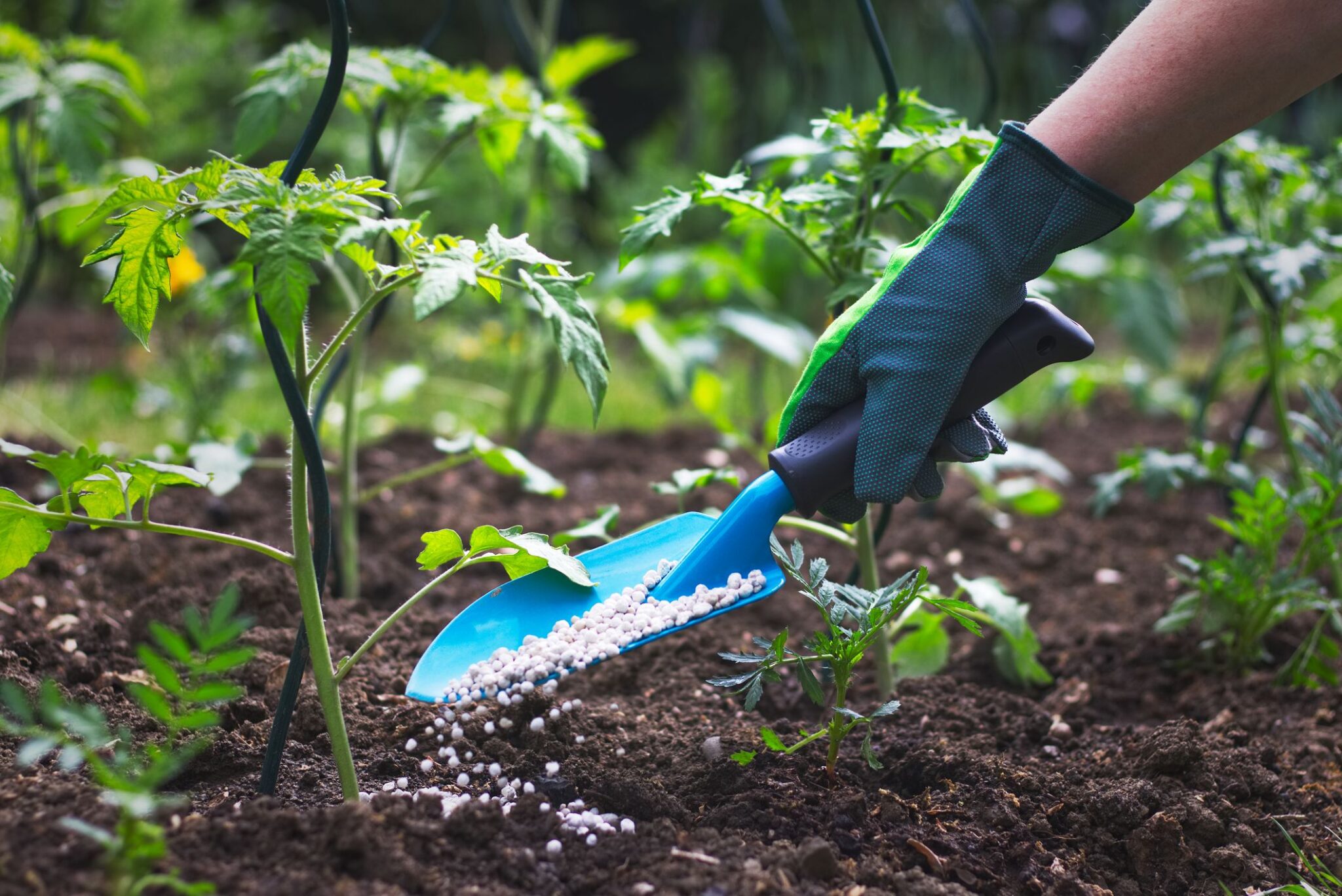Organic gardening is a sustainable practice that focuses on growing plants without synthetic fertilizers or pesticides. One of the essential components of successful organic gardening is the use of fertilizers that provide necessary nutrients while enhancing soil health. Choosing the right fertilizers can significantly impact your garden’s growth, yield, and overall vitality. In this article, we’ll explore the top 10 best fertilizers for organic gardening to help you boost your garden naturally.
What to Look for in Organic Fertilizers

When selecting organic fertilizers, it’s crucial to consider several factors:
- Nutrient Content: Organic fertilizers should contain essential nutrients like nitrogen (N), phosphorus (P), and potassium (K), as well as trace minerals. Look for a balanced formula that meets the specific needs of your plants.
- Type of Fertilizer: Organic fertilizers come in various forms, including granular, liquid, and slow-release. Choose a type that aligns with your gardening style and the plants you are growing.
- Environmental Impact: Ensure that the fertilizers you select are derived from natural sources and are environmentally friendly. Avoid those with harmful additives that could damage soil health or local ecosystems.
Top 10 Best Fertilizers for Organic Gardening
1. Earthworm Castings
Description: Earthworm castings are nutrient-rich organic fertilizers created by earthworms. They contain essential nutrients and beneficial microorganisms that enhance soil structure and fertility.
Benefits: They improve moisture retention, boost plant growth, and provide slow-release nutrients.
Ideal Usage: Mix into the soil before planting or top-dress around established plants.
2. Compost
Description: Compost is a well-decomposed organic matter, made from kitchen scraps, yard waste, and other natural materials.
Benefits: It enriches the soil, promotes beneficial microbial activity, and improves soil structure.
Ideal Usage: Add compost to garden beds, potting mixes, or use as a top dressing.
3. Fish Emulsion
Description: Fish emulsion is a liquid fertilizer made from fish waste. It is high in nitrogen and trace minerals.
Benefits: It provides a quick nutrient boost and is ideal for leafy greens and flowering plants.
Ideal Usage: Dilute with water and apply as a foliar spray or soil drench.
4. Bone Meal
Description: Bone meal is made from ground animal bones and is an excellent source of phosphorus.
Benefits: It encourages strong root development, flowering, and fruiting.
Ideal Usage: Incorporate into the soil at planting time or as a top dressing.
5. Blood Meal
Description: Blood meal is a nitrogen-rich fertilizer derived from dried animal blood.
Benefits: It provides a fast-acting nitrogen boost, promoting healthy leaf growth.
Ideal Usage: Mix into the soil or apply as a side dressing.
6. Kelp Meal
Description: Kelp meal is made from dried seaweed and contains a variety of trace minerals.
Benefits: It enhances nutrient uptake, boosts plant resilience, and improves overall health.
Ideal Usage: Mix into the soil or use as a top dressing.
7. Alfalfa Meal
Description: Alfalfa meal is made from dried alfalfa plants and is a good source of nitrogen and growth hormones.
Benefits: It promotes plant growth, improves soil structure, and encourages beneficial soil organisms.
Ideal Usage: Incorporate into garden beds or use as a top dressing.
8. Rock Phosphate
Description: Rock phosphate is a natural mineral fertilizer that provides a slow release of phosphorus.
Benefits: It supports root development and flowering.
Ideal Usage: Mix into the soil at planting time or as a top dressing.
9. Green Manure
Description: Green manure refers to cover crops grown specifically to be tilled back into the soil to improve fertility.
Benefits: It adds organic matter, improves soil structure, and enhances nutrient availability.
Ideal Usage: Grow during the off-season and till under before planting.
10. Organic All-Purpose Fertilizer
Description: Many brands offer balanced organic all-purpose fertilizers that contain a mix of essential nutrients.
Benefits: They provide a convenient option for various plants, ensuring they receive a well-rounded nutrient supply.
Ideal Usage: Follow package instructions for application rates based on the plants you’re growing.
How to Apply Organic Fertilizers Effectively

To get the most out of your organic fertilizers, consider the following tips:
- Test Your Soil: Conduct a soil test to determine nutrient levels and pH, which can guide your fertilizer choices.
- Follow Recommended Rates: Always adhere to the recommended application rates to avoid over-fertilizing, which can harm plants and the environment.
- Apply at the Right Time: Timing is crucial. Apply fertilizers during the growing season when plants can effectively absorb the nutrients.
- Water After Application: Watering after applying fertilizers helps to activate them and ensures that nutrients penetrate the soil.
Conclusion
Choosing the right fertilizers is vital for successful organic gardening. By opting for high-quality, natural fertilizers, you can boost your garden’s health and productivity while maintaining environmental integrity. Incorporate the best fertilizers for organic gardening into your practices, and watch your plants thrive.
For more tips and resources on gardening, visit Gardening Daddy.

